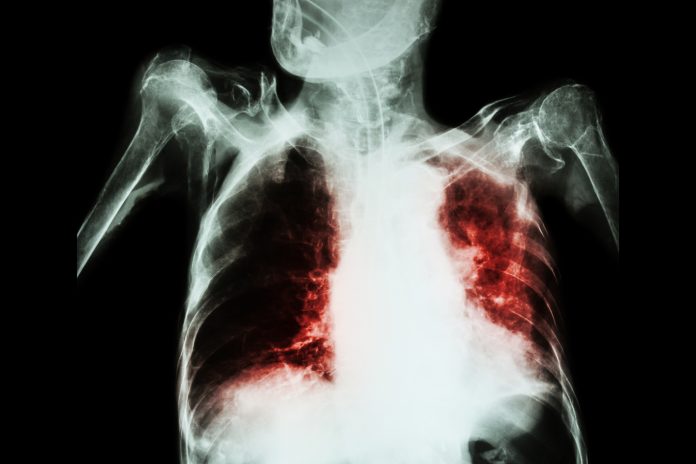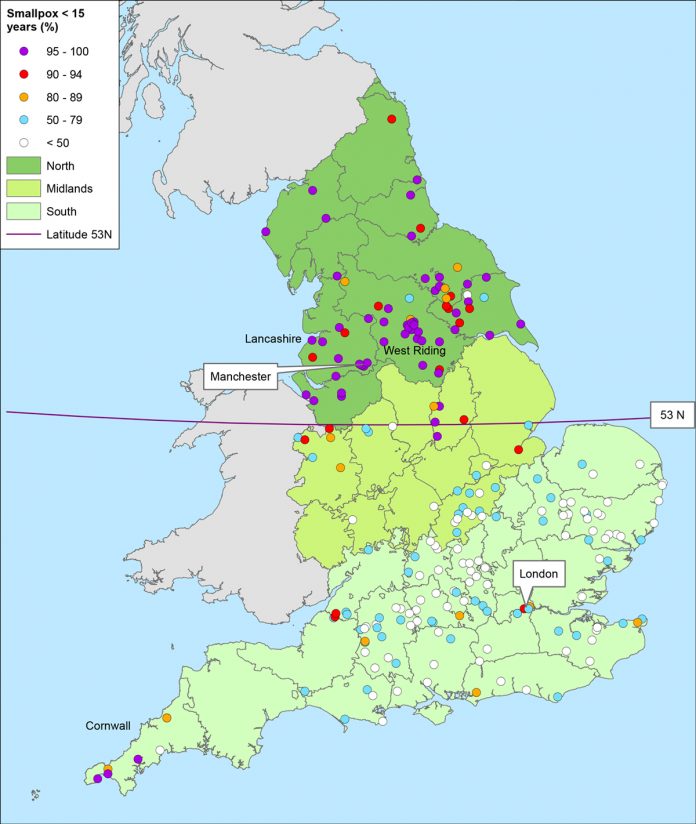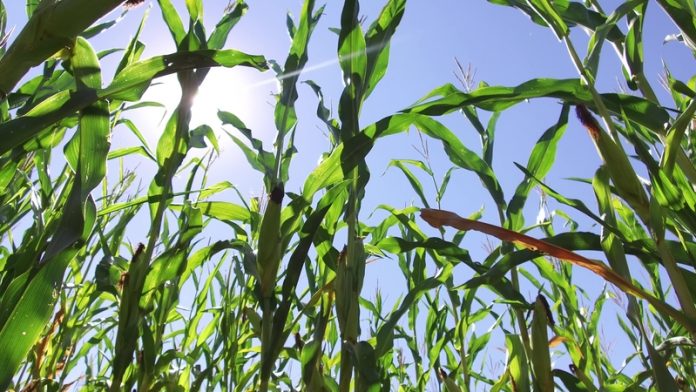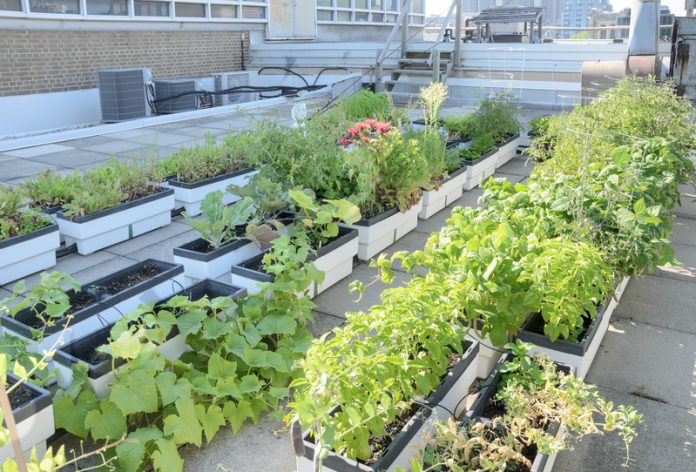Open Access Government produces compelling and informative news, publications, eBooks, and academic research articles for the public and private sector looking at health, diseases & conditions, workplace, research & innovation, digital transformation, government policy, environment, agriculture, energy, transport and more.
Home Search
urbanisation - search results
If you're not happy with the results, please do another search
New challenges for public health in the 21st century
Dineke Zeegers Paget, Executive Director of the European Public Health Association (EUPHA) provides a fascinating glimpse of the new challenges for public health in the 21st century.
Male and female mortality from TB in rural and urban Victorian settings
Alice Reid and Richard Smith, University of Cambridge explore the links between tuberculosis (TB) mortality, occupations, rural and urban residence and migration in late Victorian Scotland.
The future of the renewable energy market in Asia
The future of the renewable energy market in Asia is explored here by VHR Global Recruitment, including a focus on Taiwan’s ambitious phase out of nuclear power by 2025.
Delivering coast-to-coast mobile networks
Here Tom Luke, VP at Tutela explores the challenges and strategies that can help delivered coast-to-coast mobile networks in order to meet rural obligations.
Outdoor workspaces can have a positive impact on your health
Lloyd Coldrick, Managing Director of Cobus discusses why outdoor workspaces aren't just aesthetically pleasing but affect you mentally and physically too.
More than half of Brits willing to fund smart city traffic solutions
New research has found an increasing appetite for smart city traffic solutions that aim to tackle urbanisation problems, such as congestion and security issues.
Water: The essential global resource
Mr. Mbayo Guy Kakumbi, Technical Officer and Dr Bagayoko Magaran, Senior Scientist from The World Health Organization (WHO) Regional Office for Africa reveal their stance on the essential global resource of water.
How the food industry is adapting to meet the demand of a changing world
MPA Group run through some of the most recent innovations in the food industry, showing how businesses in the sector are adapting to keep up with the demand from a changing world.
Smart cities: how can the UK overcome barriers to adoption?
Although there has been investment in smart technology in a number of cities in the past few years, the UK is still lagging behind world-leaders such as Singapore. Gavin Hepburn, director at ATG Access, discusses how the UK can overcome barriers to adoption.
Building smart cities needs more than just technology
There are questions to be answered on building smart cities: how should people be housed? How should they travel? How should waste product be managed?
Are shipping containers the future of affordable housing?
Millions of people need homes. Millions of shipping containers are going unused. Could this be an answer to the global housing crisis?
Not-so-smart: Over two thirds of Brits don’t know what a smart city is
Almost 70% of the UK public do not know what a smart city is or the benefits it can bring, according to new research
Epidemiological interactions between rural and urban populations
Romola Davenport and Richard Smith from the University of Cambridge explore epidemiological interactions between rural and urban populations and the consequences of urbanisation.
Improve wellbeing by bringing the outdoors into the office
With this week being self-care week, much emphasis is being focused on how businesses across the UK can prevent stress and improve wellbeing in the workplace
Health experts argue complacency increases the risk of infectious disease
Health professionals say a combination of antimicrobial resistance and complacency among other reasons are increasing the risk of infectious diseases.
Autonomous vehicles can accelerate the journey towards smarter cities
Dr Ingo Stuermer, Global Engineering Director Autonomous Driving, Aptiv explores the extent to which autonomous vehicles can accelerate the journey towards smarter cities in the future.
Diabetes: A Global Health Challenge
Professor Nam H. Cho, President of the International Diabetes Federation (IDF) shares his expert views on the rise of diabetes across the globe
The Finnish Allergy Programme 2008-2018: Reducing the burden of allergy in both patients and...
Managing director of the Finnish Allergy, Skin and Asthma Federation, Ilkka Repo explores The Finnish Allergy Programme 2008-2018 and what it sets out to do
The Finnish Allergy Programme 2008-2018 was initiated to reduce the burden of allergy in both patients and society. The set-up of the programme was unique....
How communities are strengthening their food systems
Assistant vice president of programmes at American Farmland Trust, Julia Freedgood explains the challenges around the increasing demands to food systems
The Smart City Charter and the missing link to climate resilience
Prof Dr Daniela Jacob, Climate Service Centre Germany, highlights the Smart City Charter and what it means for the future of cities





















